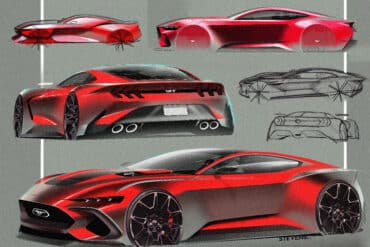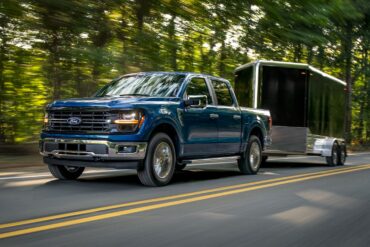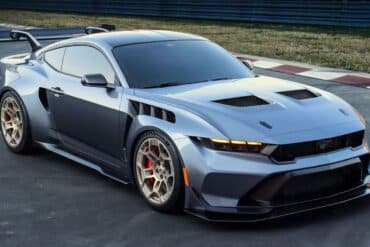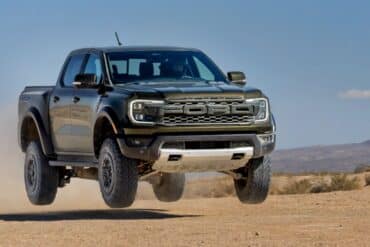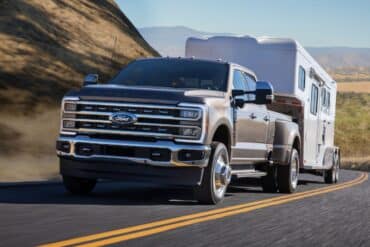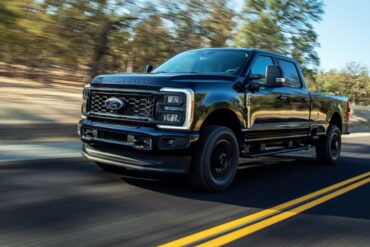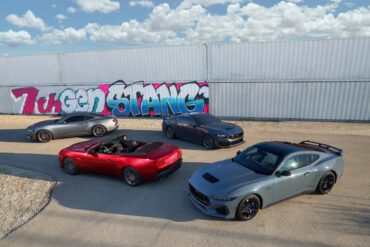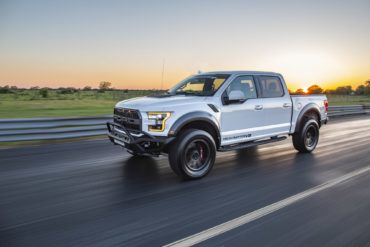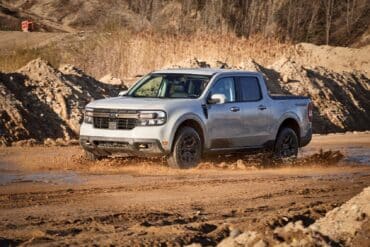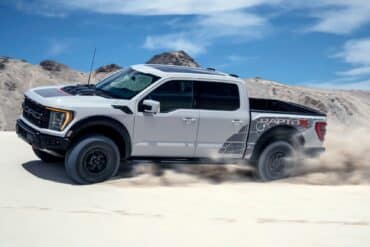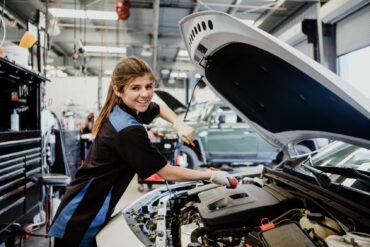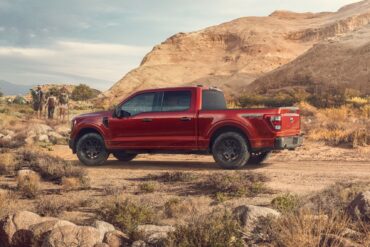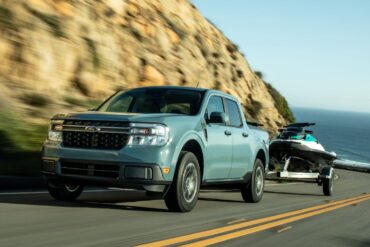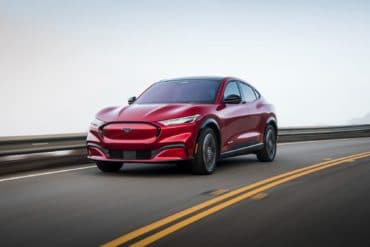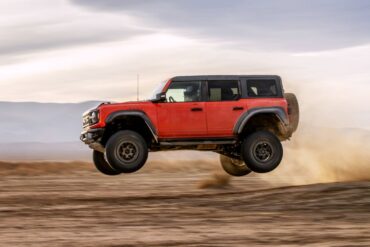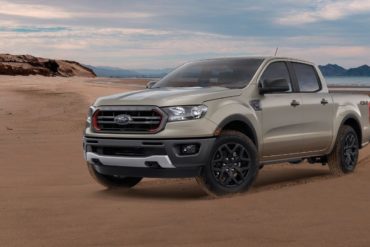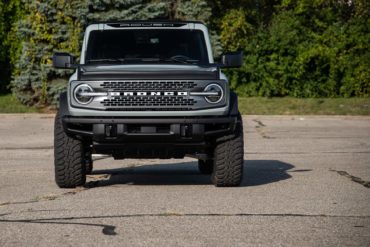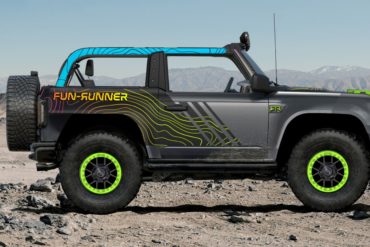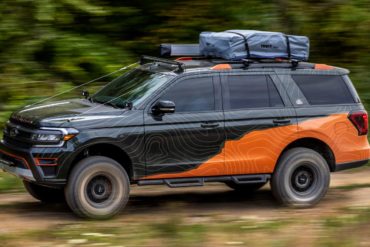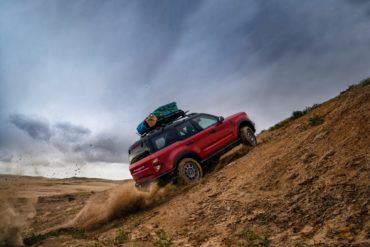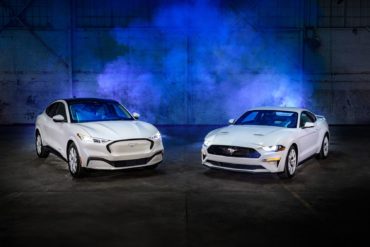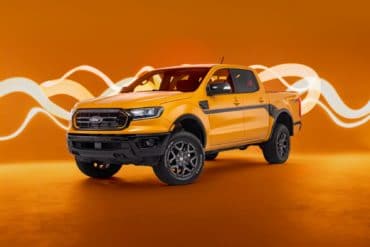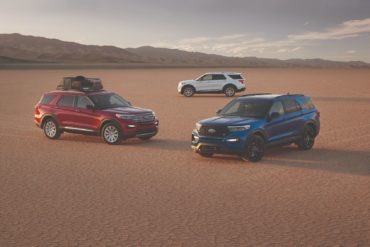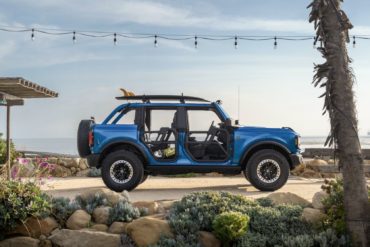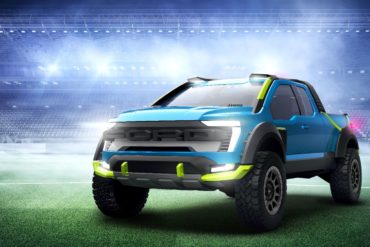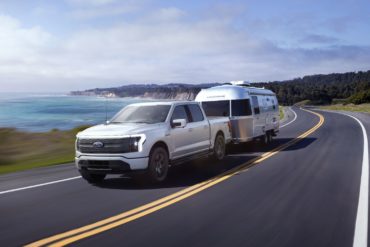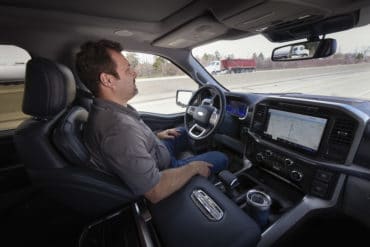The 2015 film A Faster Horse, directed by David Gelb, chronicles the story of the 2015 Ford Mustang and the automaker’s...
Ford
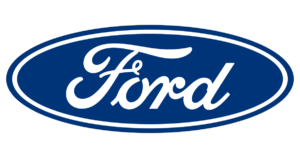
Based in Dearborn, Michigan, Ford Motor Company primarily manufactures trucks and SUVs, although the company is beginning to shift toward EVs.
The F-150 has been the best-selling vehicle in the world for over four decades, while the Mustang is a perennial favorite among enthusiasts.
Under Ford is the Lincoln brand of luxury vehicles, along with the financial arm of Ford Motor Credit Company.
The 2023 Detroit Auto Show hosted the 2024 Ford F-150, the latest iteration of the 14th-generation truck that debuted in...
Ford couldn’t have said it better when it stated in its press release that its Mustang GTD “is like no...
Like the modern-day Ranger Splash, the 2024 Ford Bronco Sport Free Wheeling Edition is a colorful throwback come to life....
Ford has good news for compact truck buyers. Besides offering the smaller Maverick, the American automaker recently unveiled the much-awaited...
The 2023 Ford Super Duty arrives with updated powertrains, new towing assist features, and plenty of helpful connectivity tech inside...
Ford introduced its 2023 Super Duty shortly after Chevy debuted its updated Silverado HD. It’s no secret the two American...
The 2024 Ford Mustang made a smashing debut at the Detroit Auto Show, marking the seventh-gen iteration of Ford’s legendary...
Video Description The “Velociraptor” in this video features a 5.0-liter V8 Ford engine, a 2.9-liter supercharger system (seven psi boost),...
Like its Ranger, F-150, and Super Duty brethren, the Maverick will soon have a Tremor package available for its XLT...
The 2023 Ford F-150 Raptor R is the most potent Raptor ever, fulfilling a promise made when the third-gen Raptor...
Ford Motor Company is teaming up with local dealers to train and mentor a new generation of automotive technicians through...
Ford has announced a new trim level for its popular F-150 called the Rattler. Based on the XL but with...
After the F-150 Lightning reveal made headlines in May 2021, Ford is keeping their foot on the gas (figurately anyway)...
State Farm and Ford are launching “Drive Safe & Save Connected Car,” a new usage-based insurance program for State Farm...
There’s a new Raptor in Ford’s animal kingdom, and it’s quite the behemoth. The new Bronco Raptor is not just...
We said it was the “splash from the past” when it debuted in September of 2021! The Splash Package is...
Unless you’ve been living under a rock (aren’t we all with this lingering pandemic), the Ford Bronco is a hot...
The 2022 Ford Mustang Mach-E is entering its second year of production as an excellent all-rounder in the burgeoning and...
The new “Built Wild” Bronco brand will make its official debut at the upcoming 2021 SEMA Show in Las Vegas,...
Not to be outdone by the GMC Canyon AT4 OVRLANDX Off-Road Concept, Ford has pulled the cover off the Expedition Timberline...
The 2021 Bronco is Ford’s most highly-anticipated rendition of its iconic off-road nameplate. Bronco is available in two-door and four-door...
Ford is going all ’90s lately. They recently unveiled the Splash Package for the Ranger, a throwback to the era...
Talk about a splash from the past! Break out the grunge music and the flannel shirts because the 1990s have...
Performance meets style. That’s the idea behind the 2022 Ford Explorer ST lineup, now expanded to include two new offerings:...
Building upon Bronco’s “Built Wild” tagline is the Riptide project vehicle, perfect for beach bums and those soaking in the...
The Ford F-150 Rocket League Edition is making its debut at the 2021 Chicago Auto Show this summer, the first...
The 2022 F-150 Lightning marks an important transition in Ford’s history. It’s the first-ever all-electric iteration of Ford’s bestselling truck,...
Ford will begin offering its new BlueCruise hands-free highway driving system later in 2021. Via over-the-air software updates, the feature will be...
The 2021 Ford F-150 Police Responder has made its debut and is now available for state and local governments. The...

